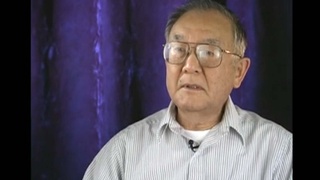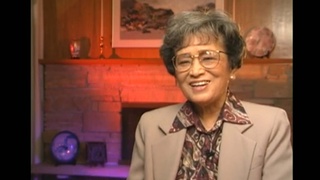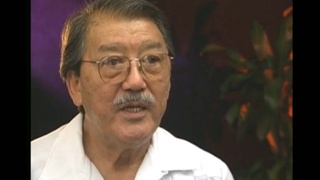Interviews
John Tateishi plays a role in changing people's minds
I also give tremendous amount of credit to John Tateishi. I think he really was one person that was not given the credit that’s due him, because people just accepted some of the things that he did as if it’s the normal thing that he should do. He knew that it was something that he should do, but I think people forget how effective he was in turning, especially, the Nisei sentiment, those who were not for redress.
And I think his whole plan was to change the focus from monetary issue to constitutional issue, and he did this very well. When I saw many of these wealthy farmers who used to be anti-redress, come up to him, shake his hand and say, I now have changed my mind, I support [the] Redress Movement. That was the proof to me that John was effective in changing the Nisei idea of being afraid of redress.
I think he made them feel that, yes it might be difficult, but they were willing to stick out their neck now and fight for it. And I think it was John’s doing, so I think that John had a tremendous effect on the Redress Movement.
Date: July 1-2, 1998
Location: California, US
Interviewer: Mitchell Maki, Darcie Iki
Contributed by: Watase Media Arts Center, Japanese American National Museum









